Two Parts: Incompetency and Guardianship
Guardianship is broken up into two distinct proceedings: a determination of incompetency, and then an appointment of a guardian.
Incompetency
The first step is for the Court to decide whether or not the person is incompetent. In contested cases, this will often require the opinion of a medical expert. If the Court determines that the person is incompetent, then a guardian or guardians must be appointed. Who is to be appointed as guardian(s) can also be a hotly contested issue.
Guardianship
A guardian of the estate manages a person's finances, and a guardian of the person manages the person's physical well-being. The Court can appoint a different person to each guardian role or can appoint one person to do both, which is called a general guardian.
